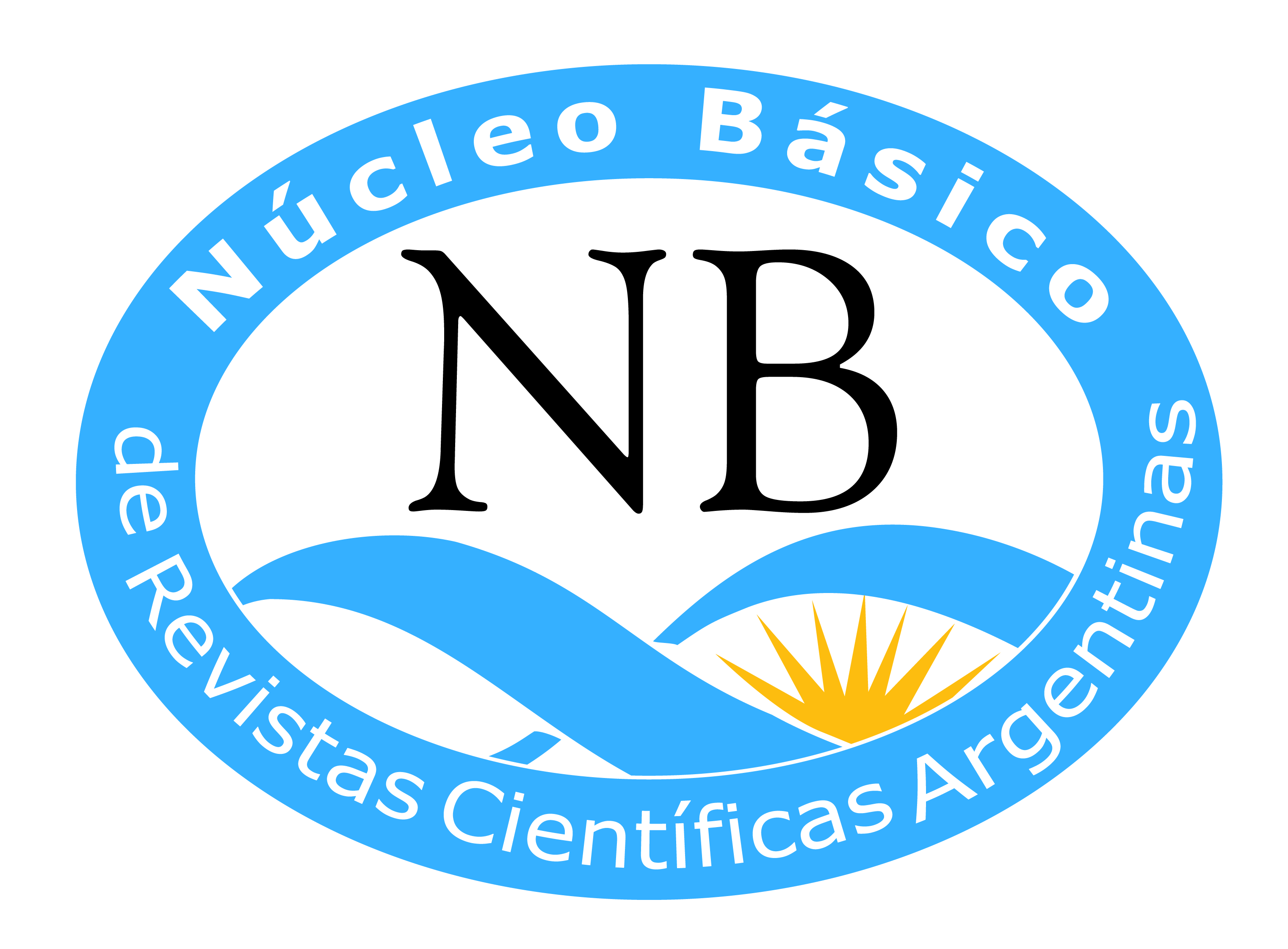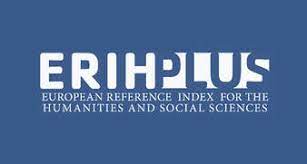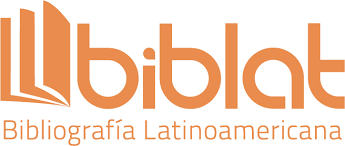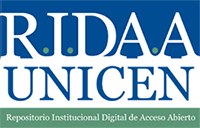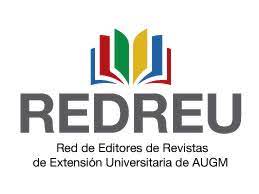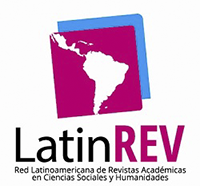Gestión del movimiento de artistas aficionados en el nivel base: principales componentes
Resumen
Gestionar los procesos educativos en la universidad cubana actual, precisa asumir el modelo cubano de gestión de gobierno basado en la ciencia y la innovación, encaminado a formar un profesional más integral, comprometido con su país y portador de los valores que definen la cultura nacional. Para lo cual el proceso formativo deberá proveer a los estudiantes de una elevada competencia profesional y una formación cultural integral, que garantice una sólida cultura político-ideológica y social humanística. El presente trabajo muestra resultados parciales de una tesis de doctorado sobre la gestión de uno de los subprocesos de la Extensión Universitaria, dado en la gestión del Movimiento de Artistas Aficionados de la Federación Estudiantil Universitaria en la Universidad de Pinar del Río. Para ello se parte de una concepción dialéctico-materialista como base para otros métodos, teóricos y empíricos: análisis histórico-lógico, sistémico-estructural-funcional, modelación, observación científica, entrevista, encuesta, procedimientos de análisis-síntesis y de inducción-deducción, y técnicas de la estadística descriptiva. Tiene como objetivo realizar una caracterización del proceso de gestión de este movimiento estudiantil y cultural universitario, como proceso extensionista en su interrelación con el proceso formativo, el cual va a estar encaminado a reforzar la formación integral de los futuros profesionales mediante el consumo del producto cultural elaborado por los artistas universitarios. Para esto se caracteriza el proceso de gestión desarrollado en nivel base y se determinan principios, características y premisas del modelo.
Descargas
Los autores conservan la propiedad intelectual de sus artículos, aceptando ceder a Masquedós los derechos para su publicación y garantizando a la revista el derecho de ser la primera publicación del trabajo. Los artículos se encuentran protegidos por una Licencia Creative Commons “Atribución - No Comercial - Compartir Igual CC BY-NC-SA” según se detalla en la Política Editorial. Luego de publicado un artículo, la revista autoriza su reproducción parcial o total siempre que se cite la procedencia mencionando: autor(es), año, título, volumen, número y DOI; y como fuente: Revista Masquedós.
Las opiniones vertidas en los artículos son de exclusiva responsabilidad de los autores y no reflejan necesariamente la posición del equipo de la revista.





